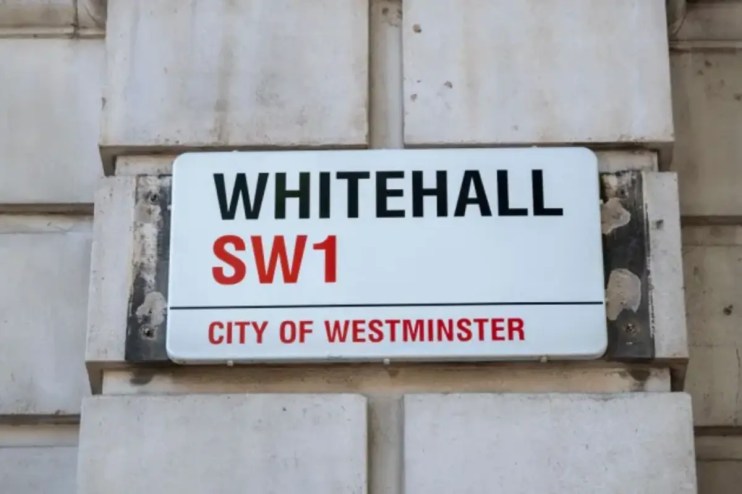Why a businessman (or woman) should run the civil service

Keir Starmer has reshuffled his top team, but he has still one appointment left to make: cabinet secretary. He should hire someone from outside the Whitehall machine to drive better performance across the public sector, says Andrew Haldenby
If Keir Starmer wants a government that works and a productive economy, he needs to do more than reshuffle the political team in 10 Downing Street. He has one key appointment left to make: a new cabinet secretary who will be the 14th since the post was created 108 years ago. If he gets it right, he can put the whole operation of government on a much sounder footing.
The job has two elements. First, to provide policy advice to the Prime Minister and the cabinet. Second, to manage the civil service and its performance – and in turn ensure the effectiveness of the public sector.
This second role is crucial because government is now a huge enterprise in its own right – the department of work and pensions employs 100,000 people, the NHS 1.3m – yet it delivers expensive poor quality public services.
Ministers in the new government have been surprised by the inadequacy of the government machine. Comparing government to opposition, Wes Streeting, secretary of state for health, said last month: “The most frustrating change has been the pace – or lack of it – at which the Whitehall machine works.”
Commenting in the aftermath of the Sue Gray debacle, a Labour insider said: “The day-to-day machinery of government doesn’t work properly. We’re expected to be running a powerful G7 economy yet sometimes it’s all quite small and analogue. There has to be a better way of doing things.”
Labour productivity in the public sector decreased by eight per cent in between 1997 and 2022 while it increased by 27 per cent across the whole economy
This matters to business because productivity in the public sector lags far behind the private sector. Labour productivity in the public sector decreased by eight per cent in between 1997 and 2022 while it increased by 27 per cent across the whole economy. The Darzi review of the NHS, published last month, found that hospital productivity is at least 11.4 per cent lower now than it was in 2019.
The five current candidates to be cabinet secretary have superb policy experience. They are all current or recent permanent secretaries of government departments. But they do not have the crucial management experience that could drive better performance across the public sector.
Starmer has a great opportunity
Keir Starmer has a great opportunity. First, split the role of cabinet secretary into two: policy and management. Any of the current candidates are well qualified to take the policy role.
Second, appoint someone with outstanding relevant experience to the management role, recruited externally so they are not imbued with the Whitehall culture.
Third, implement the same reform across Whitehall. Each government department should appoint a chief executive with management experience from outside government, able to run the department as they see fit.
Others have proposed the split in the cabinet secretary role, including Francis Maude who was minister for the civil service in the Coalition government. But that isn’t enough on its own. The centre of government is tiny compared to the whole public sector. Each department and each public service needs to be well managed.
Reports on government inefficiency are an industry in their own right. There have been 17 plans to reform government since the Fulton Report of 1968, and 25 plans for NHS reform since 1990. None of them has delivered lasting change because none addressed the question of how to get good management into Whitehall and beyond. Keir Starmer can do better.
In any organisation, the top job sets the tone. The right external appointment at the heart of government will show the civil service that it values management and delivery. Over to you, Prime Minister.
Andrew Haldenby, the Effective Governance Forum @EffectiveGovUK